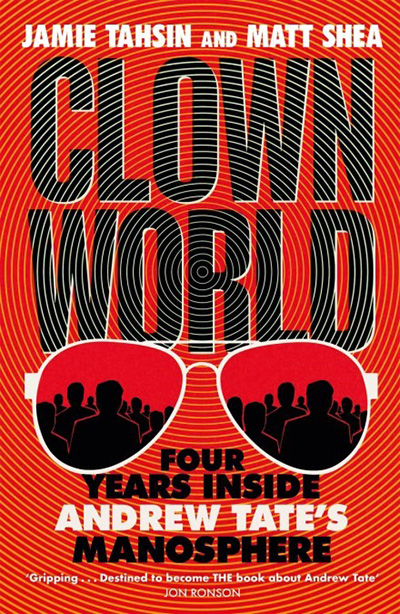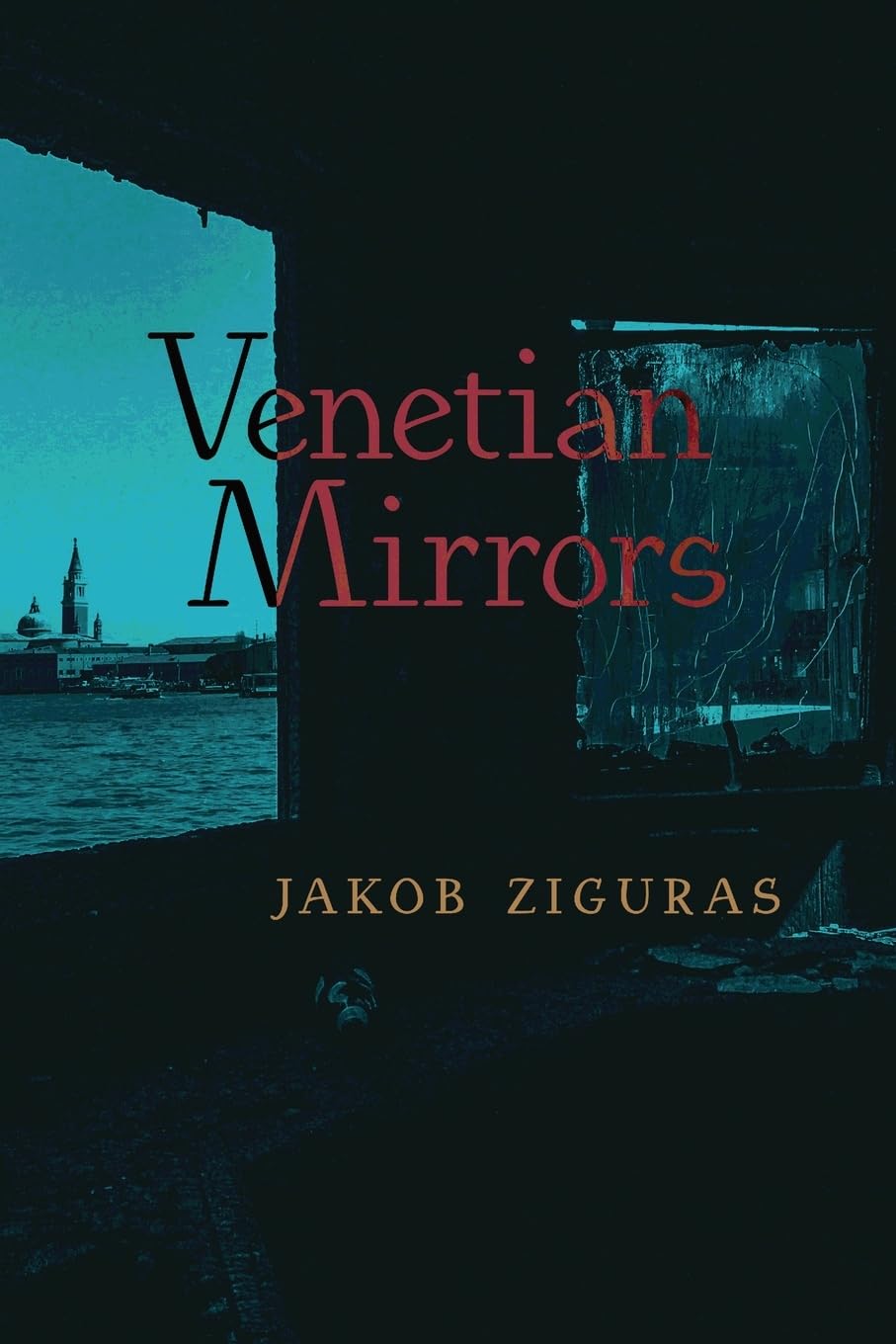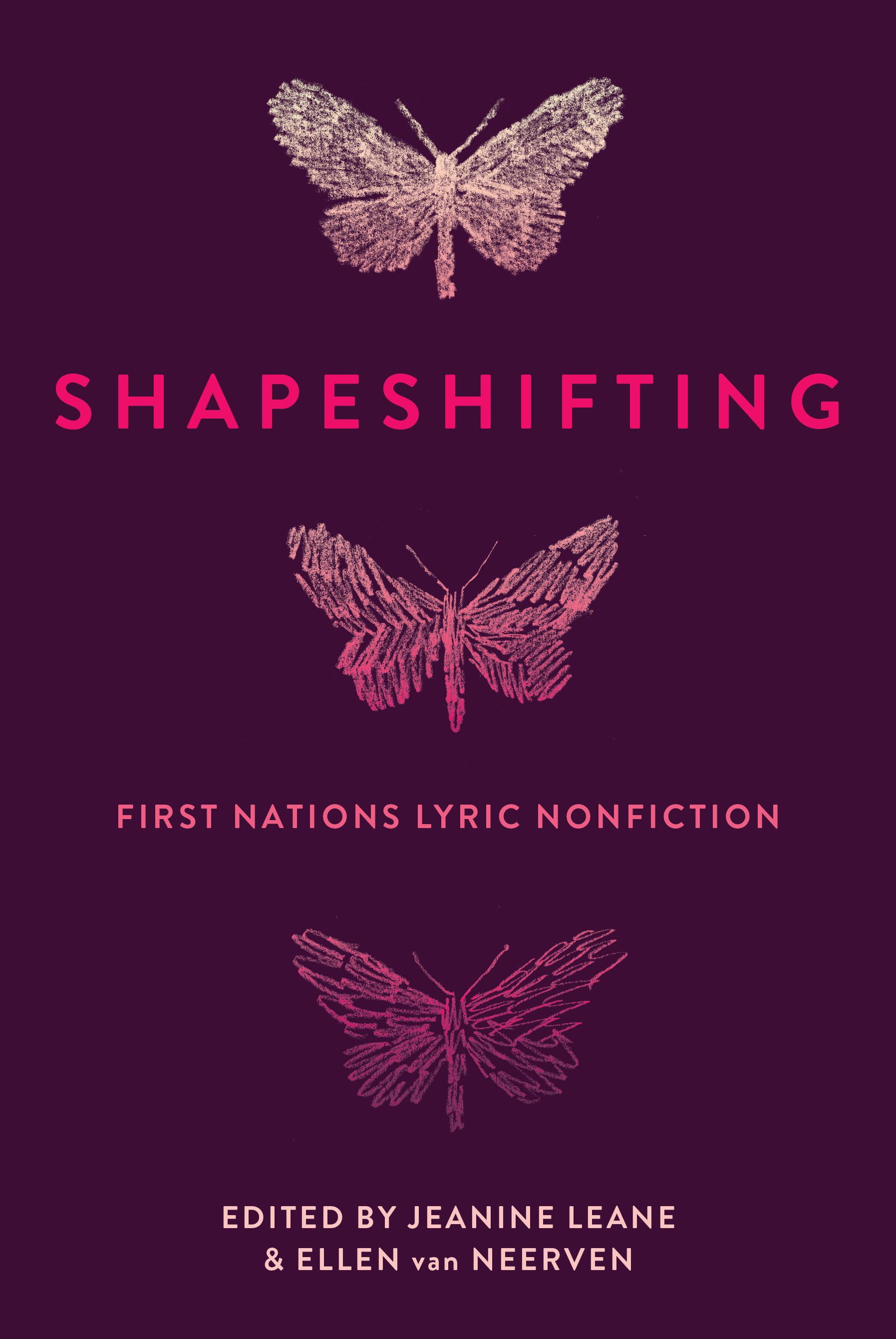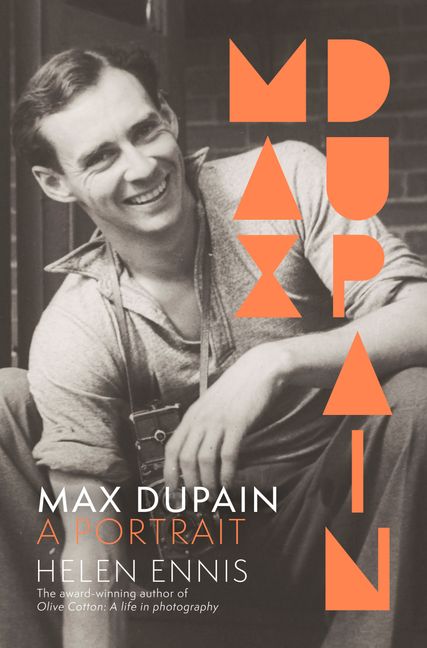Citational Justice
Recently, I attended an annual conference organised by research postgraduates at my university in Brisbane. The papers ranged across a range of disciplines in humanities research. The presenters were all local, with one exception. The keynote was delivered by an associate professor from another Australian university – less about the substantive content and impact of her own research than on the colonialist attributes of the humanities and social sciences.
A core message was the necessity of a revolution in research practice. Existing knowledge tainted by colonialism was to be overthrown by adopting the principle of ‘CITATIONAL JUSTICE’ (projected in capitals on a PowerPoint slide). The researchers in training would advance the cause of anti-colonial research by ensuring that the majority of the cited references in their future work was either of First Nations or ‘Majority World’ (presumably what used to be called the ‘Global South’ or, before that, the ‘developing world’).
Continue reading for only $10 per month. Subscribe and gain full access to Australian Book Review. Already a subscriber? Sign in. If you need assistance, feel free to contact us.







Comments (2)
To underscore Finnane’s point that The Conversation’s editors at times practise gatekeeping of a questionable kind, a piece submitted by myself and Indigenous colleague Michael Aird was rejected in early 2022. Though we presumably satisfied the policy ensuring the requisite personal ancestry in the case of one author, the rejection was because an editor did not like the questions we raised. We addressed the risk of naive assumptions regarding ‘embedding’ Indigenous knowledge across all or part of the academic curriculum, a move now described at times as ‘Indigenising’ or ‘decolonising’ the subject matter, theoretical approaches and methods of academic disciplines.
We were unwilling to modify the wording to suit the political preferences of the editor. We were tasked repeatedly with changing the questions we were asking about a debate relevant to ensuring best and enduring outcomes in teaching the history and present of intercultural relations. One of the requirements was astounding. There was a repeated insistence that we cite a post from Twitter.
Leave a comment
If you are an ABR subscriber, you will need to sign in to post a comment.
If you have forgotten your sign in details, or if you receive an error message when trying to submit your comment, please email your comment (and the name of the article to which it relates) to ABR Comments. We will review your comment and, subject to approval, we will post it under your name.
Please note that all comments must be approved by ABR and comply with our Terms & Conditions.